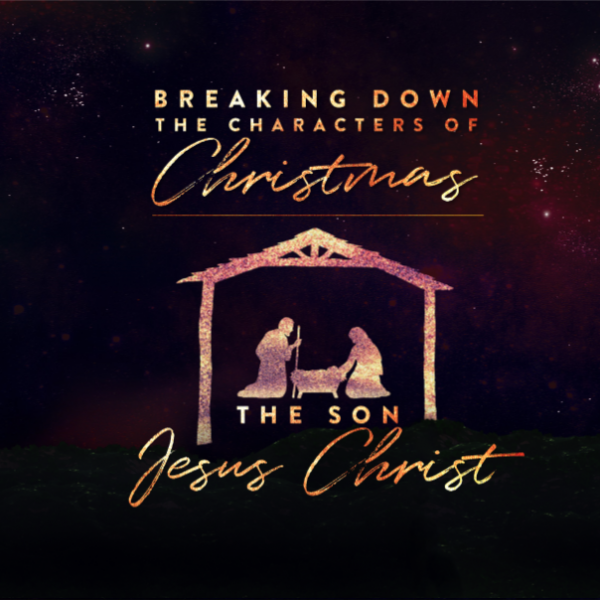We-Harmony
- Describe an activity that you thought would be great fun (like an evening out or a vacation) that you planned in advance in detail, but everything that could go wrong did.
Read: Philippians 2:1-11
- What two essential behaviors are discussed in these verses that are at the root of happiness? What specifically did Jesus do that exemplified these behaviors? How many examples did you find?
- After reading v.2 one more time, what are the four different kinds of harmony identified in this verse? Which of these do you find easy to embrace in your relationships and how you feel about them? Which ones do you have a more difficult time with? What could you do to develop these?
- Galatians 5:19-21 says: “Our self-indulgent nature shows itself…in conflict, quarreling, jealousy, outbursts of anger, selfish ambition, causing divisions among people and the feeling that everyone is wrong except those in your own little group.” In light of these verses, consider your own life and relationships and any recent conflicts you have experienced. Did you consider your own self-indulgent nature as a contributing factor to the conflict? Talk about how our human nature destroys our harmony. Talk about how this impacts your happiness and the happiness of others.
- After reading v.3 again, think about what is meant by “giving more honor to others than to yourself” (NCV). If you went through a full day with this as the theme of your day, would you do anything different? Would your interactions with others be different? When someone shows that they value you, how do you respond to them?
- Read v.9-11 again and reflect on how God the Father has exalted Jesus? What is the significance of this? What effect does our full realization of Christ’s eternal position in heaven have on our beliefs and actions on earth today? What will our reward on earth and in heaven be for this?
- Jesus modeled harmony and humility. Describe how you will model these in your life. What makes this difficult?
- What one thing from this brief study do you sense God saying to you? How can you apply it to your life this week?








